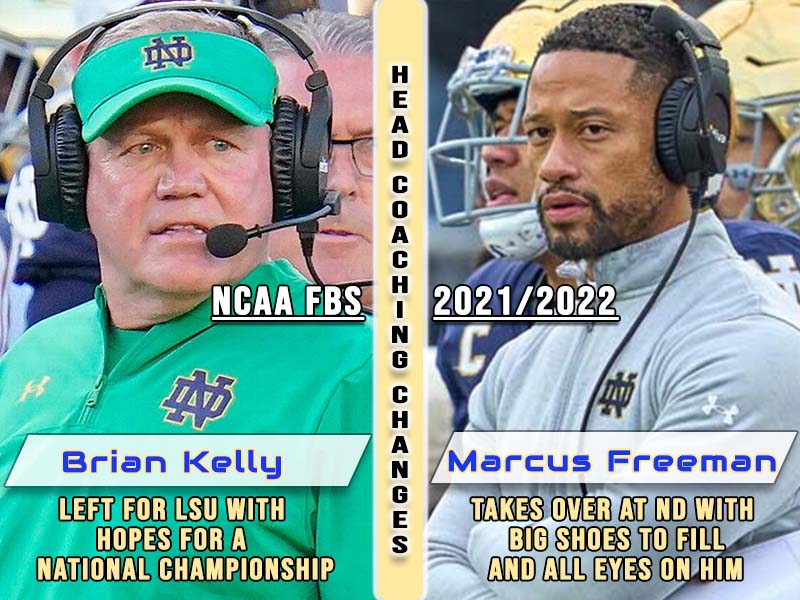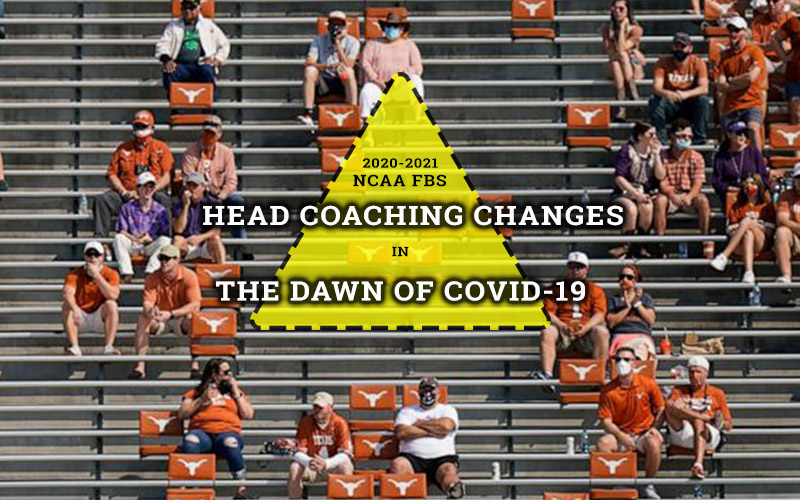If Convicted Felon Can Win the Heisman Why Not Cam Newton?
Nebraska’s Johnny Rodgers Won ’72 Heisman after Conviction for Robbing Gas Station: Heisman Voters At Odds with Heisman Trust Mission Statement

In 1972, Nebraska’s Johnny “The Jet” Rodgers won the Heisman Trophy balloting–after being arrested, charged and convicted of robbing a gas station while being a student at the university. Thus making Cam Newton’s 2008 alleged possession of a stolen laptop at Florida and the more recent allegations of a supposed agent shopping him around to the highest bidder seem like a mere blip on the radar.
Rodgers was and remains the only Heisman Trophy candidate to win the balloting after being convicted of a felony. Though based on the Heisman Trust’s candidate eligibility requirements the same thing could still happen today:
The Heisman Trust’s only requirement to be eligible to receive what they bill as “The most prestigious award in college football” is:
“…the recipient of the award MUST be a bona fide student of an accredited college or university including the United States Academies. The recipients must be in compliance with the bylaws defining an NCAA student athlete,” according to their official website.
Therefore, if a candidate was to violate the law in any manner—but did not violate any NCAA eligibility rule then that student/athlete is still eligible to receive the award.
Johnny Rodgers was a convicted felon, but he was still in compliance with the NCAA eligibility rules, because the University of Nebraska did not rescind his scholarship nor did they remove him from athletic participation for his crime. The NCAA was powerless to impose any further sanctions against him. Consequently, Rogers went on have a prolific season in 1972 and despite public knowledge of his crime and conviction, he still managed to accumulate the highest total number of Heisman ballot points.
Cam Newton has not been convicted of any felony violations of the law while he has been an NCAA student athlete. And even if he were convicted of a felony, as long as his conviction does not violate the NCAA student/athlete bylaws and his school does not strip him of his scholarship and/or prohibit him from athletic participation, and he maintained his NCAA student academic requirements–he would still be eligible for the Heisman.
Now unless the NCAA hands down a ruling before the December Heisman Trophy ceremony that Cameron Newton and/or a family member(s) violated NCAA rules and regulations for soliciting money for services rendered, then Newton is still eligible to receive the Heisman. That in my opinion presents a serious quandary for those 925 or so Heisman balloters.
The Heisman winner is supposed to represent the best college football player in the nation for that year and currently Cameron Newton clearly fits the bill. But should the selection criteria for the Heisman be based entirely on a student/athlete’s on the field performance and his value to the team? Or should voters also consider other factors like whether or not the candidate’s on and off the field behavior during his college career is emblematic of an individual being bestowed such a celebrated award?
Well, if the Heisman Trust Mission Statement is to be taken seriously then based on its opening sentence the Heisman voters should consider more than just on the field performance:
“The Heisman Memorial Trophy annually recognizes the outstanding college football player whose performance best exhibits the pursuit of excellence with integrity.”
Note: in 2014 the Heisman Trust removed the words ” with integrity” from their mission statement (this article note updated on September 9, 2018).
Cameron Newton may not be a convicted felon, but should the voters ignore his troubles at Florida—and that damning police report concerning the stolen laptop? Unfortunately, as long as he is in compliance with NCAA student/athlete bylaws there are no rules preventing the voters from deciding either way. But there is that mission statement.
If there is no NCAA ineligibility ruling handed down against Cameron Newton before December 11th,, 2010, the decision on whether he will be the next Heisman Trophy winner rests entirely in the hands of 870 sports journalist and the 55, living, former Heisman winners. And by that time if Auburn is sitting there at 13-0–fresh off the SEC conference championship and looking at a BCS title game appearance—my what a juicy mess we could see down the road. That is of course if the voters decide to completely ignore that Heisman Trust Mission Statement.



